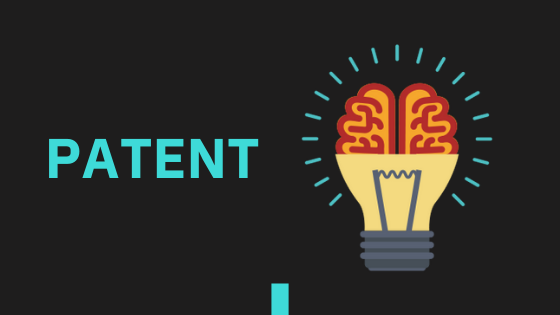
Briefly stated, your Patent Attorney needs your full disclosure. Don’t worry, your disclosure is protected by the attorney-client confidentiality rules if you decide not to go through with the patent application. You should tell your Patent Attorney the answers to at least six questions: Who, What, When, Why, Where, and How. The answers should be quite detailed and may have numerous parts and subparts. It’s not as bad as it sounds. You simply tell your story of how your invention came to be.
A partial list of what the Patent Attorney or a Patent agency, like Invent Help, needs to know:
- Who is the inventor? Are there one or more co-inventors?
- Where did you invent it?
- When did you invent it?
- What is your invention?
- What does it do?
- What problems does the invention solve?
- What difficulties or obstacles did you overcome to invent it?
What do you want to do with your invention?
- Manufacture it?
- License it?
- Sell it?
- Nothing?

Stay local or national or do you want to go international, too?
Why did you invent it?
What is on the market now that you were dissatisfied with?
Did you modify an existing device?
How did you invent it?
What is a Registered Patent Attorney?
A Registered Patent Attorney is a person who is both a member of a state bar (any state of the U.S.) AND who is registered to practice before the U.S. Patent and Trademark Office (USPTO). There are also patent agencies like InventHelp which could help you with the whole process.
The USPTO registration is a separate and challenging examination beyond a state’s bar examination. The USPTO requires that every attorney registered to practice before the USPTO, have a technical background, typically a Bachelor of Science degree, in a “hard” science. This background includes chemistry, physics, engineering, and similar disciplines. These requirements are to protect the public.
A Patent Attorney cannot objectively protect, judge, or render an opinion about an invention that he or she cannot understand.
